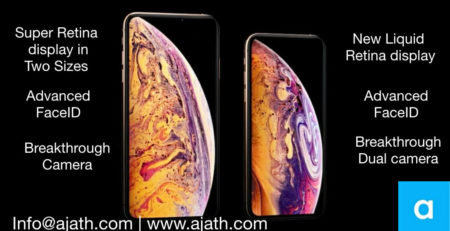Mobile Healthcare Application Security: Perception Vs Reality
Mobile Healthcare apps or mHealth apps are the ones that are built on or downloaded in mobile phones to store our health related data. Several devices are now available in the market that detects your health aspects like heart health, respiratory health, mental health, sleep schedule, etc. These devices are capable of detecting the overall health of the body or to which body part they are assigned to monitor and then use that data to produce results that are stored in these mHealth apps. These apps can present this data in various forms or representations. The goal is to store this data all in one place so that whenever needed the user can show their health information to their respective doctors. But the challenge with these apps is the security. Various cases have come to the limelight about health data breaches. This information is very private to every person and big companies are always trying to get some part of this data to generate sales leads. Third-party applications like HealthifyMe lets the user store the data and recommends us service according to that data. These applications derive their result using ML models to predict potential diseases or problems that the user might be facing. But storing this data is a threat to the patient’s privacy. Talking about the privacy of the mHealth apps, developers should keep these things in mind whilst the process of development.
- Encrypting the data is powerful way of securing the patient’s data. The data should be encrypted both in rest state and in transit. This means that the data wherever it is stored on a device or sever should be encrypted, as well as when the data is transmitted to another device or server should be encrypted too.
- Strong and secure authentication is another important security measure. Authorization should only be granted if the user grants it by some kind of password or biometric. This will prevent unauthorized access to the mHealth app.
- Developers should regularly update their apps to fix any issues or security related problems.
- Getting users’ consent before collecting their data. This will make sure that the user knows what data is being collected from them.
- Developers should let the users know clearly about the privacy policies about how they will handle the user data.
- Developers should implement 2 Factor Authentication (2FA) in their apps so the user’s data should be secure and protected from unauthorised access.
- Developers should ensure that all communication between the mobile app and backend servers occurs over secure channels such as HTTPS with SSL/TLS encryption.
- Developers should implement logging and monitoring features to track and detect any suspicious activity or unauthorized access attempts.
- Developers should also conduct security assessments, vulnerability assessments, and penetration testing regularly to identify and address potential security weaknesses.













Leave a Reply